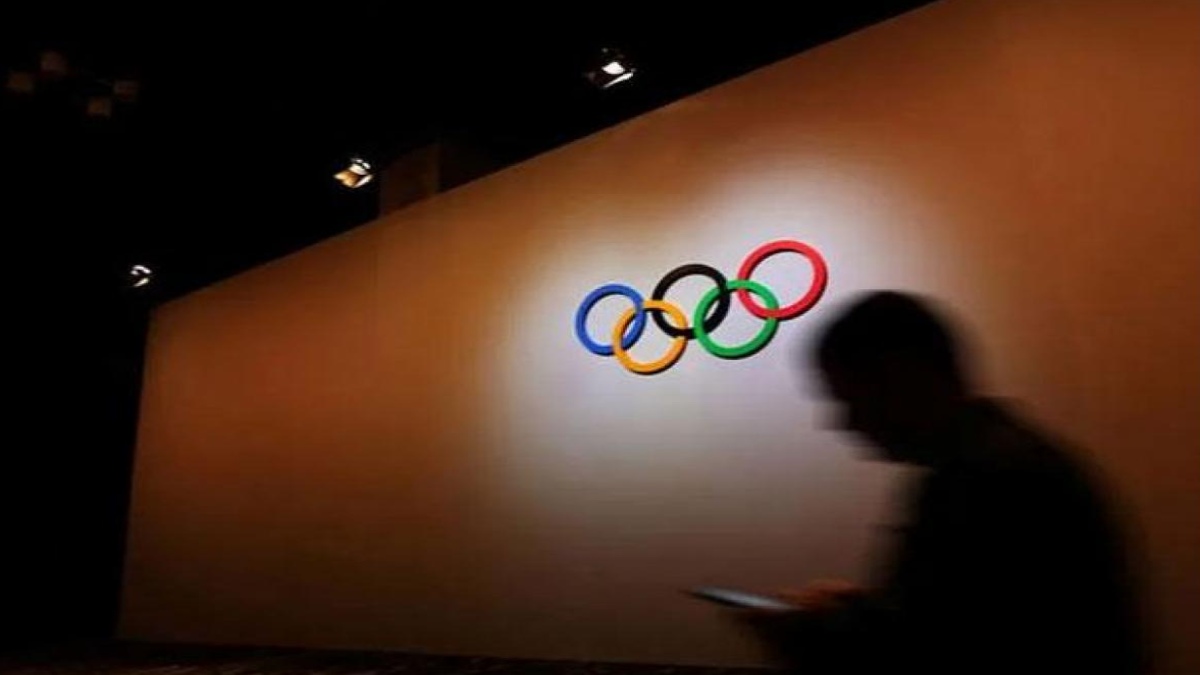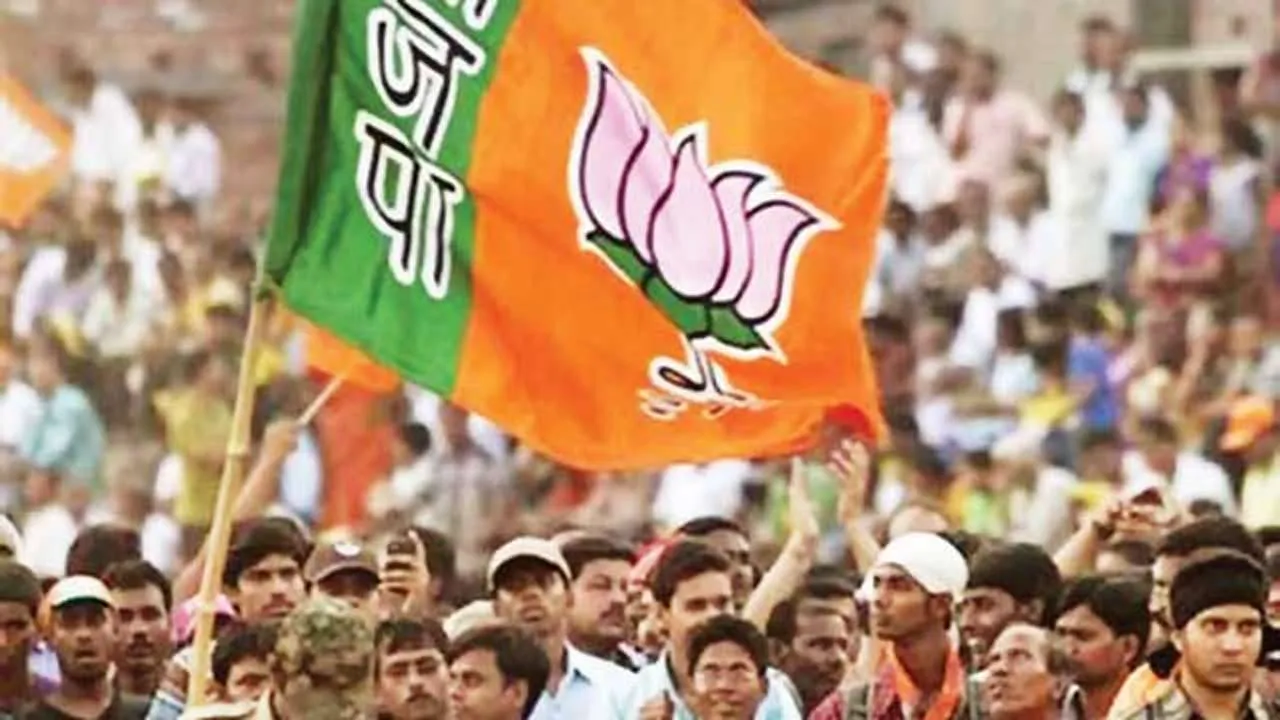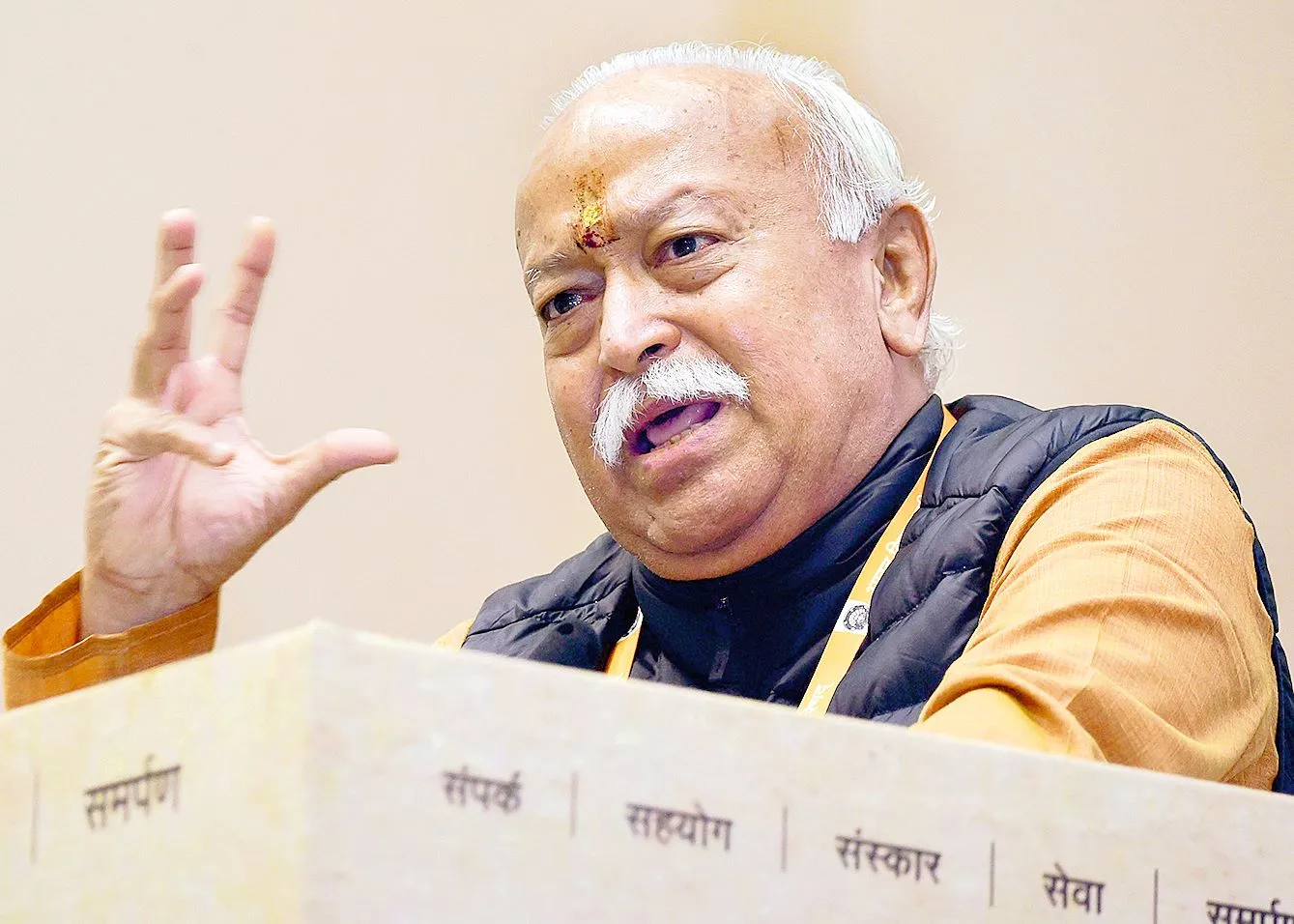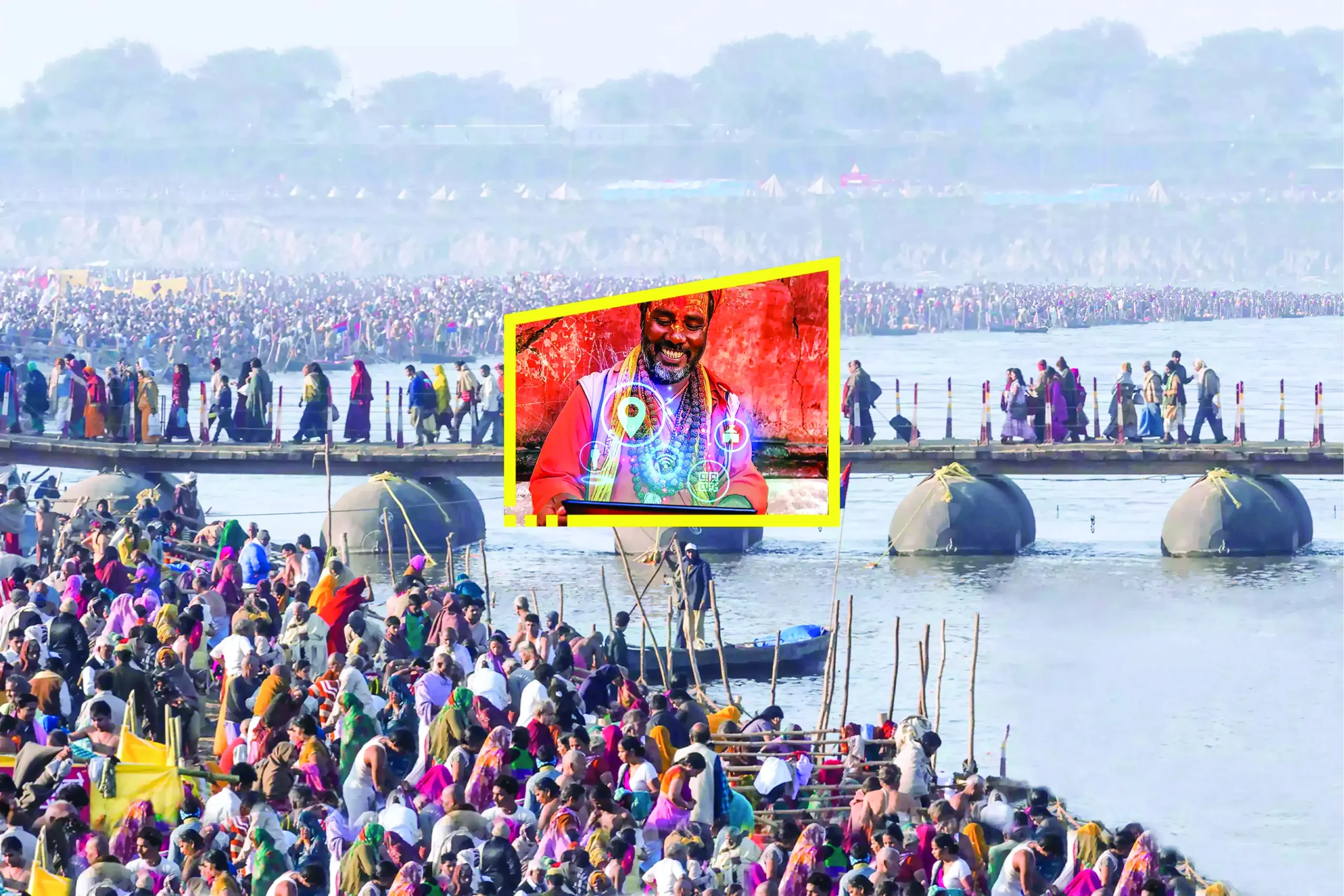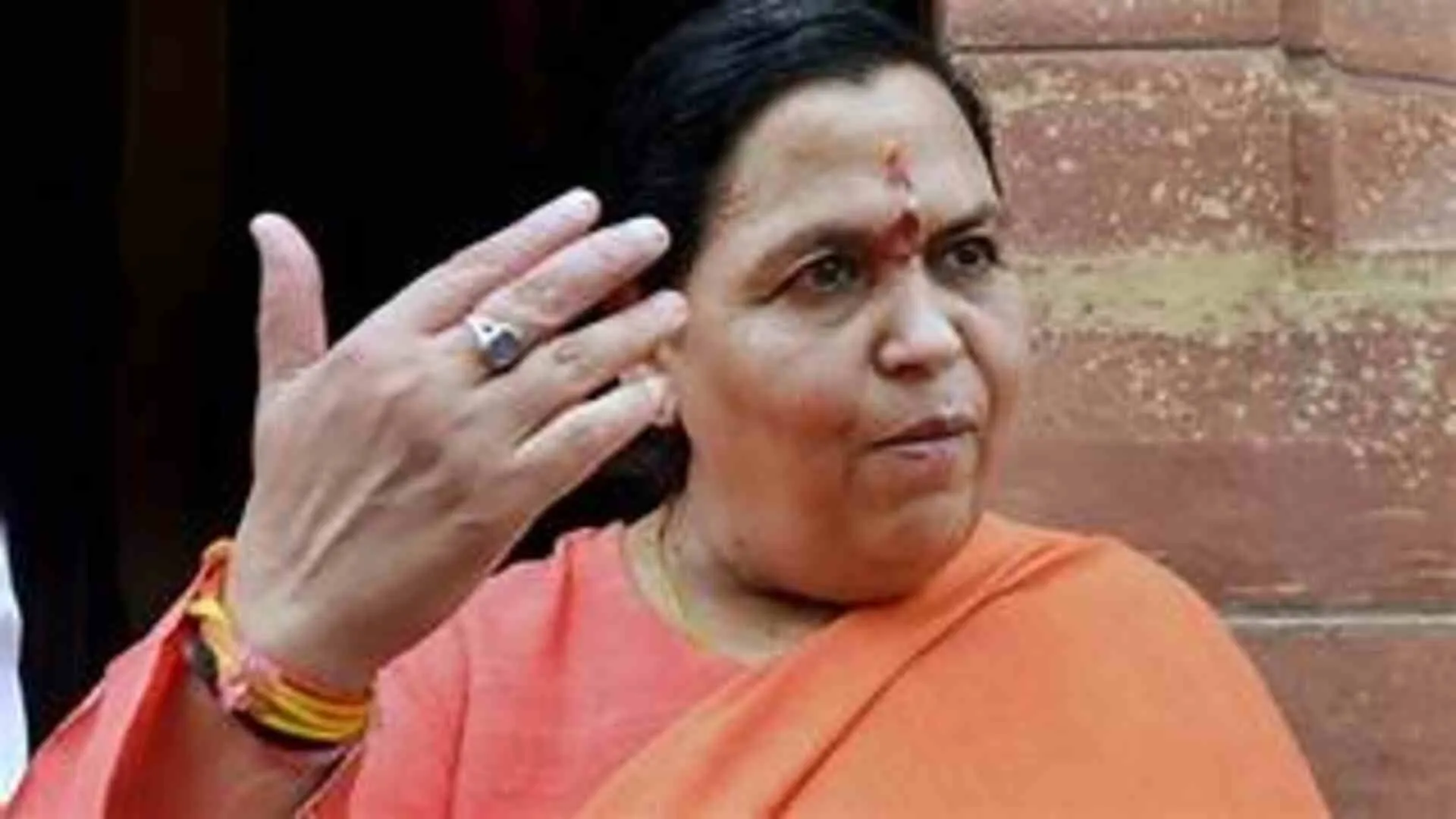Voices have been getting louder for quite some time now regarding the boycott of the 2022 Winter Olympics to be held next year in February in Beijing. Following which, action has started being taken, with leading democracies announcing a diplomatic boycott of the Olympics, protesting the extreme human rights violations by People’s Republic of China of the Uyghur population in Xinjiang. The Quad countries, whose area of operation is in the Indo-Pacific and whose unstated goal is containing China, are taking the lead on the matter, the only outlier being India. New Delhi has committed itself to attending the Winter Olympics by putting its name to the joint statement issued at the end of the recent RIC (Russia-India-China) summit. It will thus be there in Beijing along with countries that are helping the most malevolent and authoritarian power the world has seen in a long time, save its face. And it will do so in the name of carving out an independent foreign policy and by telling itself that any such participation is in “India’s interest”. The mention of the Games in the statement issued by the RIC countries on 26 November 2021 is quite telling: “The Ministers expressed their support to China to host Beijing 2022 Winter Olympic and Paralympic Games.” By getting Olympics included in the statement China showed how desperate it is for validation and how keen it is to avoid controversy. Losing face being a mortal fear of the Communist regime, the desperation is understandable. What is not understandable is India’s “desperation”—if that word can be used—to show solidarity with its biggest foe. Or have we stopped considering PRC to be a foe, and are still dawdling in the hope that India-China differences can be managed and Beijing can be made to see how important and productive India-China relations are? And this even when Beijing is making us bleed our resources by converting the LAC to LOC, while keeping us constantly under the threat of a kinetic conflict, apart from actively working against our interests internationally. It’s also difficult to understand how India, the world’s largest democracy, is comfortable supping with an aggressive and authoritarian regime that is guilty of muzzling voices and subverting democracy wherever it has gone. No amount of “this is in India’s interest” can “atone” for this fact.
The issue cannot be ignored by saying India has bare minimum presence in the Winter Olympics, so the Games are not of much consequence for the country. To a large extent this is true. But just because the winter games are not on the radar of Indian public opinion, does not mean that India should have desisted from sending a stern message to the PRC. And it was just a matter of diplomatic boycott. The athletes need the platform, the exposure, so let them go, but why add legitimacy to the PRC’s malign rule by upholding its right to hold the Olympics? Would PRC have been so generous towards India? Has PRC ever been generous towards India?
The end result is that India has ended up looking like a soft state, which instead of standing up to the bully, meekly caved in, perhaps also because of some coaxing by Russia. Also, it ends up looking like an unreliable partner in the Quad construct.
But now that India has done what it has done, is there a way to salvage the situation? Prof M.D. Nalapat, the Editorial Director of The Sunday Guardian says that India can still send a message to PRC—by keeping the participation from the Indian government low key, which can be done by sending India’s ambassador in Beijing to the Games and not any minister; and if it wants to send a minister, it should propose the name of Minister of Law and Justice, Kiren Rijiju, and see if PRC denies him a visa because he belongs to Arunachal Pradesh and is an MP from there.
India should not let go of this opportunity.

